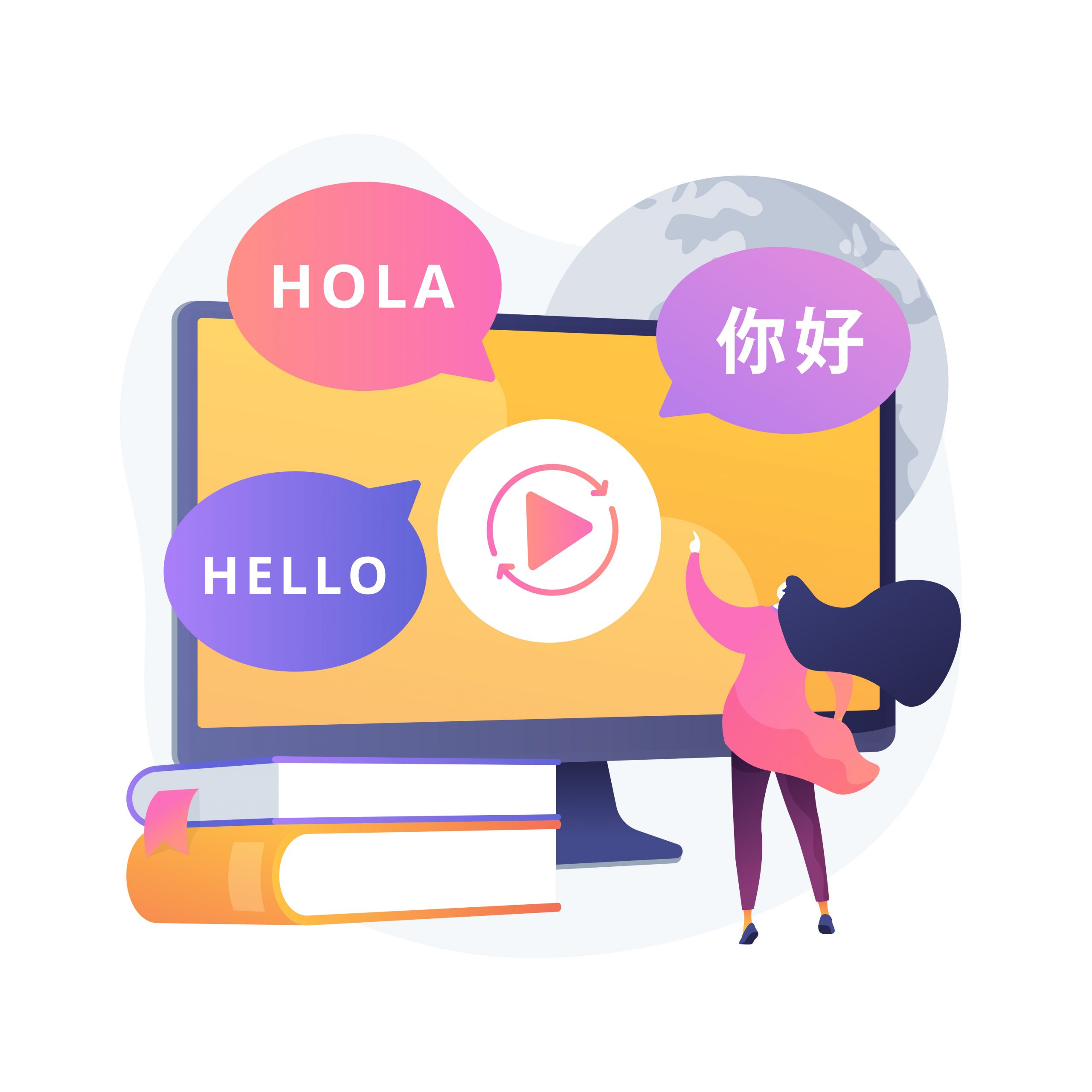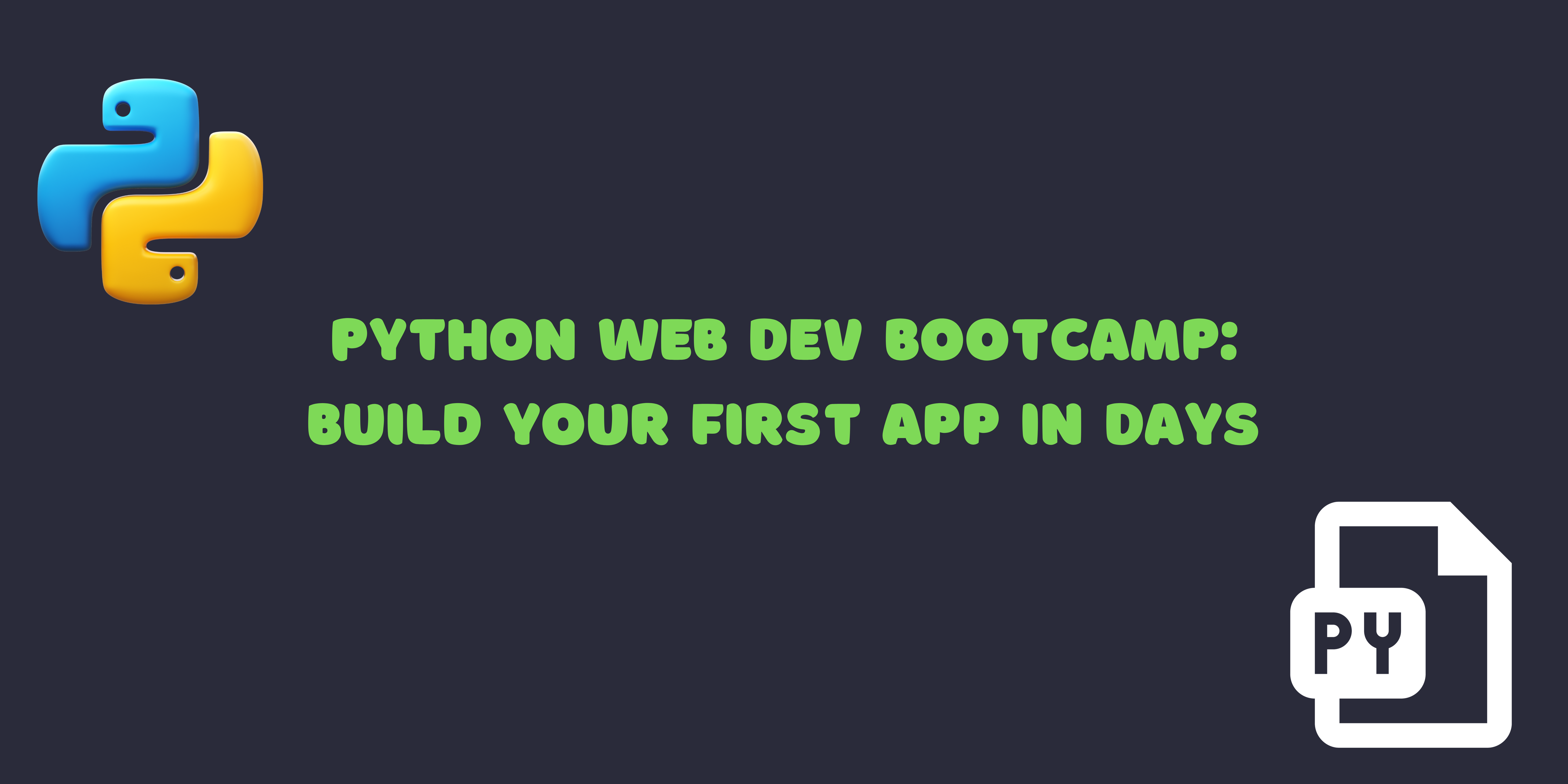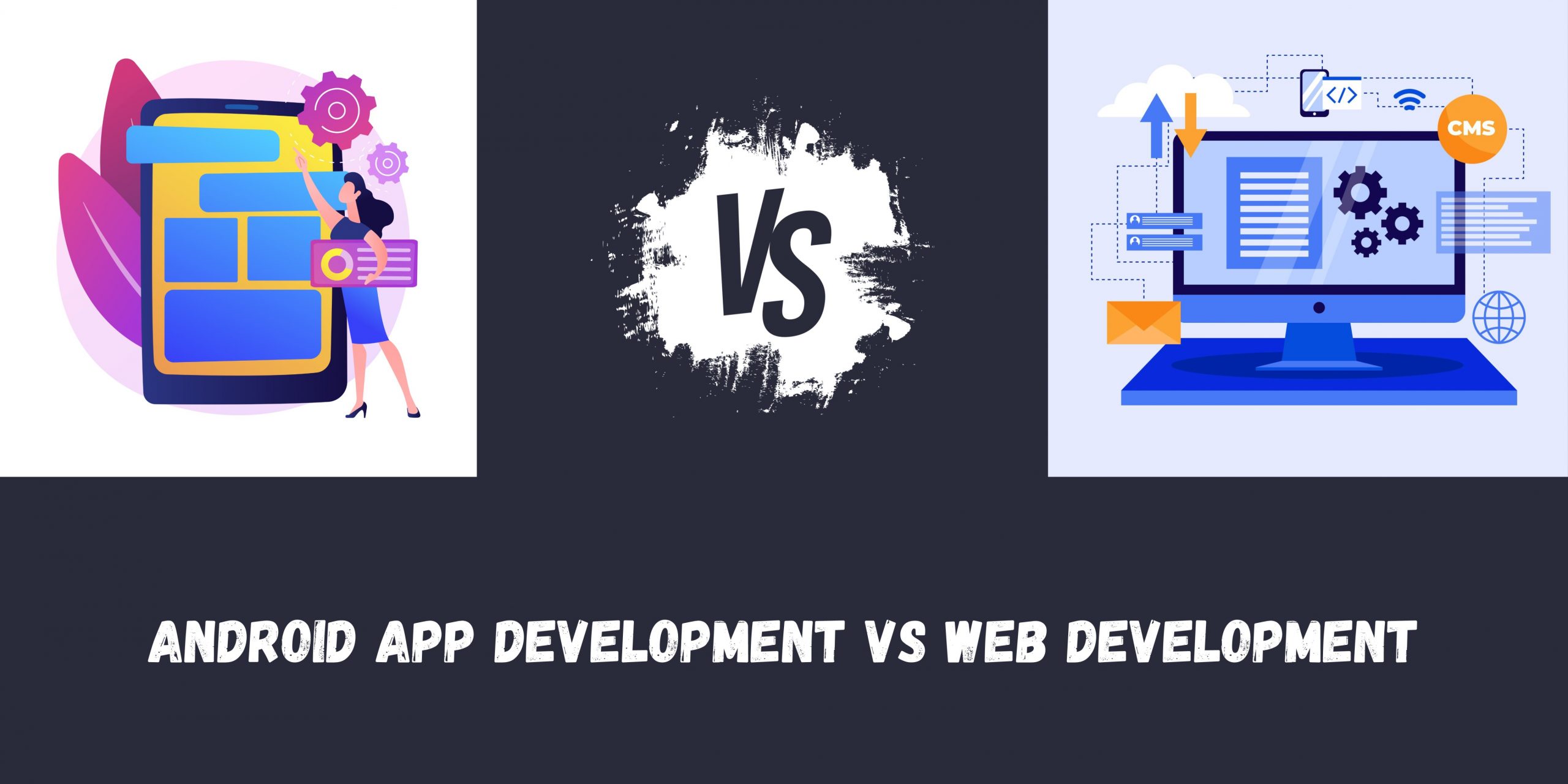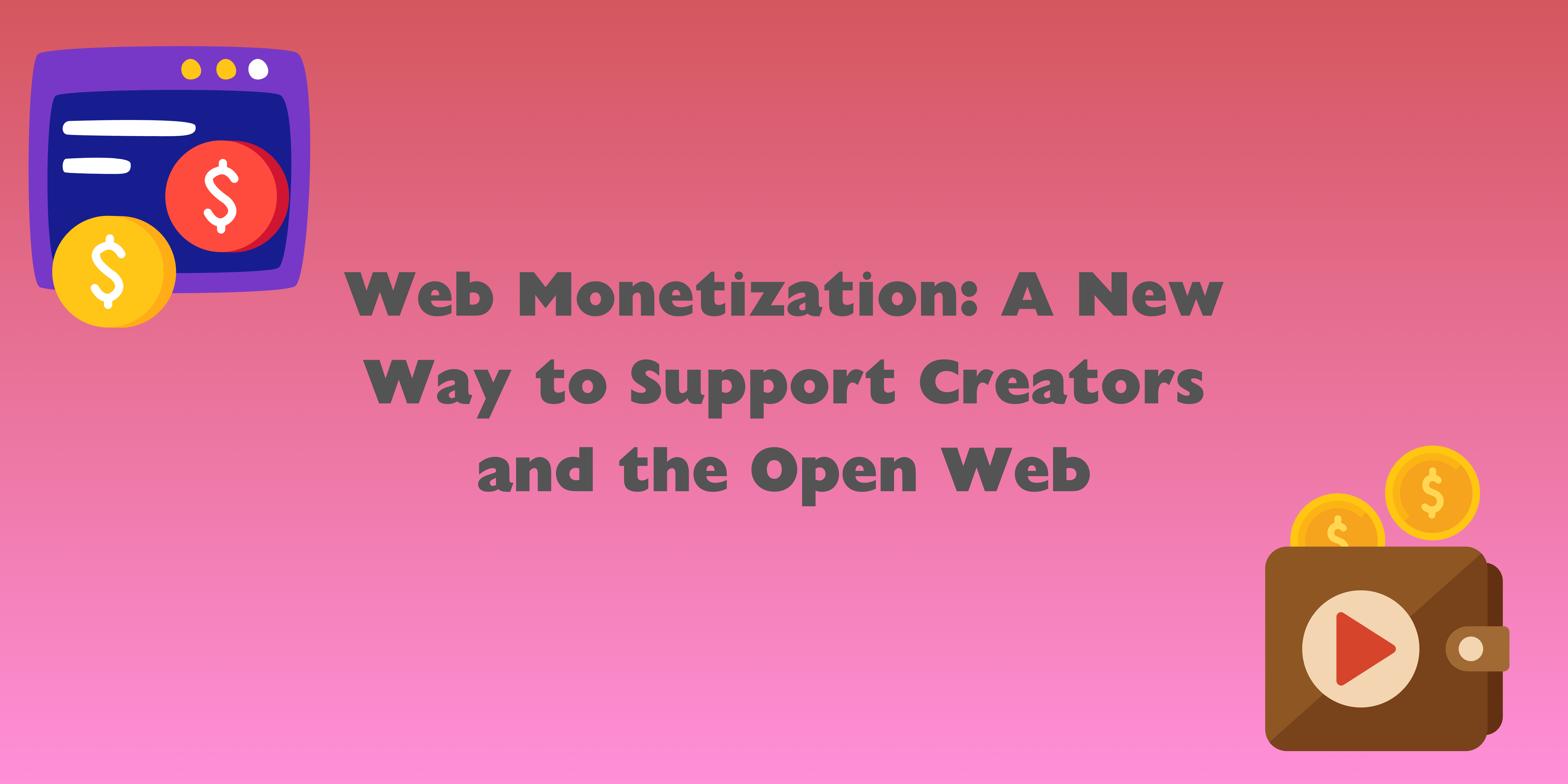Content creation and translation are crucial aspects of any organization’s marketing and communication strategy, but these tasks can be time-consuming, resource-intensive, and prone to human error. Fortunately, the advent of artificial intelligence (AI) has opened up new possibilities for automating these processes, offering businesses a powerful tool to improve efficiency, reduce costs, and achieve their multilingual goals.
AI-powered content automation is transforming the way businesses produce and translate content by leveraging advanced natural language processing (NLP) and machine learning (ML) techniques.
Challenges of Traditional Content Creation
Manual Effort and Time Constraints:
Traditional content creation relies heavily on manual effort and expertise, requiring writers and editors to devote significant time and resources to research, writing, and editing. This can lead to bottlenecks in content production and limit the ability to meet the ever-increasing demand for fresh content.
Consistency and Quality Control:
Maintaining consistency in style, tone, and quality across different content formats and platforms can be challenging using traditional methods. Human error and subjectivity can introduce inconsistencies, making it difficult to maintain a cohesive brand voice and messaging.
Personalization and Targeting:
Traditional content creation often falls short in terms of personalization and targeting. Tailoring content to specific audience segments and addressing individual preferences can be labor-intensive and difficult to scale using manual methods.
Content Analytics and Insights:
Traditional methods often lack the ability to gather and analyze content performance data effectively. Without insights into content engagement and effectiveness, businesses struggle to make data-driven decisions to optimize their content strategies.
Limitations of Traditional Translation Methods:
Human Translation Bottlenecks:
Traditional translation relies on human translators, who are limited by their language proficiency, availability, and translation speed. This can lead to delays in translation projects and limited capacity for handling large volumes of multilingual content.
Cost-Effectiveness and Scalability:
Human translation can be expensive and difficult to scale, especially for businesses with global reach and a need for translations in multiple languages. The cost per word can add up quickly, making it challenging to maintain a sustainable content strategy.
Consistency and Quality Assurance:
Ensuring consistent quality and accuracy across multiple languages can be challenging using traditional methods. Human translators may have varying levels of expertise and may struggle to maintain consistent style and tone across different languages.
Localization and Cultural Nuances:
Traditional translation methods may overlook the nuances of different cultures and languages, resulting in content that is not tailored to specific regions or audiences. This can lead to misunderstandings and missed opportunities to connect with local audiences.
AI-Powered Content Automation: A Transformative Shift
AI-powered content automation has emerged as a transformative force, offering a solution to the challenges and limitations of traditional methods. By leveraging the power of AI, businesses can streamline content creation and translation processes, enhance efficiency, and achieve their multilingual goals.
Transformative Potential of AI in Content Creation:
Increased Content Production Volume:
AI can automate repetitive tasks such as research, content outlining, and first-draft generation, significantly increasing the volume of content produced in a given timeframe.
Enhanced Content Quality and Consistency:
AI can analyze existing content and apply consistent style, tone, and grammar rules, ensuring that content adheres to brand guidelines and maintains a high level of quality.
Personalized Content and Targeted Delivery:
AI can analyze audience data and preferences to generate personalized content tailored to specific segments, enhancing engagement and relevance.
Data-Driven Content Optimization:
AI can track content performance metrics and provide insights into user engagement and behavior, enabling businesses to make data-driven decisions to optimize their content strategies.
Transformative Potential of AI in Translation
Real-Time Translation Capabilities:
AI-powered machine translation (MT) can translate content instantly, breaking down language barriers and enabling real-time communication and collaboration across borders.
Continuous Improvement through Machine Learning:
AI-powered MT systems continuously learn and improve over time, adapting to new terminology and evolving language patterns, ensuring accurate and up-to-date translations.
Cost-Effective and Scalable Solutions:
AI-driven MT provides cost-effective, scalable translation for large content volumes, making it accessible to businesses of all sizes and industries.
Multilingual Reach and Engagement:
AI-powered MT expands global reach, seamlessly translating content into multiple languages, enhancing engagement, and broadening market reach for businesses.
AI’s Role in Automating Content Creation Tasks
Idea Generation and Content Outlining
AI can assist in initial stages of content creation by generating fresh ideas and providing structured outlines for content pieces. This can be achieved through natural language processing (NLP) techniques that analyze existing content, industry trends, and audience preferences. AI can identify patterns, connections, and potential topics that human writers may overlook, leading to more innovative and engaging content.
Content Writing and Generation
AI can go beyond idea generation to actually write and generate content, including blog posts, articles, social media posts, and product descriptions. AI-powered writing tools can analyze a topic or set of keywords and produce well-structured, grammatically correct content that adheres to specific writing styles or brand guidelines. While these tools may not replace the creative input of human writers, they can significantly increase content production volume and provide a solid foundation for further editing and refinement.
Content Optimization and SEO
AI can optimize content for search engines (SEO) by identifying relevant keywords, analyzing search trends, and suggesting improvements to content structure and word choice. Its tools can analyze competitor content, top-ranking pages, and user search queries to provide data-driven insights that help content achieve higher search rankings and attract more organic traffic.
Content Analysis and Performance Tracking
AI can analyze content performance data to provide insights into audience engagement, content effectiveness, and areas for improvement. AI tools can track metrics such as website traffic, social media engagement, and content consumption patterns to identify which content resonates with the audience and which areas need to be addressed. These insights can inform content strategy adjustments and ensure that content is aligned with audience preferences and business goals.
Benefits of AI-powered content creation
Increased Content Production Volume and Output
AI content automation tools boost production volume by automating research, idea generation, and first-draft creation, streamlining repetitive tasks efficiently. Frees up writers for creative work, enabling businesses to produce more content efficiently by leveraging AI for routine tasks.
Reduced Content Creation Costs and Time
AI-powered tools can streamline content creation workflows, reducing the time and resources required to produce high-quality content. This translates into lower production costs per piece of content, allowing businesses to allocate their resources more effectively and maximize their return on investment.
Improved Content Quality and Consistency
AI analyzes existing content and industry trends to ensure new content aligns with style guides, brand, and audience preferences. This leads to more consistent and high-quality content across all platforms, reinforcing brand messaging and enhancing the overall user experience.
Enhanced Personalization and Targeting
AI can analyze audience data and preferences to generate personalized content tailored to specific segments. This targeted approach increases engagement and relevance, leading to a more satisfied and loyal customer base.
Data-Driven Content Optimization
AI can track content performance metrics and provide insights into user behavior, enabling businesses to make data-driven decisions to optimize their content strategies.This ensures that content is aligned with audience preferences and business goals, maximizing its effectiveness.
Must read: The Impact of AI and Machine Learning on web App Development in the USA
Bridging Language Barriers with AI-Powered Translation
In today’s interconnected world, language is often a barrier that hinders communication, collaboration, and global understanding. Traditional translation methods, such as human translation, have long been the primary means of bridging these linguistic gaps. However, AI-powered machine translation (MT) has emerged as a revolutionary force, offering a powerful tool to overcome language barriers and facilitate seamless communication across diverse cultures.
AI-Powered Machine Translation: A Paradigm Shift
AI-powered MT utilizes advanced natural language processing (NLP) and machine learning (ML) techniques to translate text from one language to another. Unlike traditional rule-based MT systems, AI-powered MT can learn and adapt from vast amounts of real-world data, including documents, websites, and social media conversations. This enables AI-powered MT to continuously improve its accuracy and fluency, producing translations that are more natural and idiomatic.
Real-time Translation Capabilities:
One of the most compelling advantages of AI-powered MT is its ability to provide real-time translation. This capability has revolutionized communication, enabling instant translation of conversations, documents, and even websites. Real-time translation breaks down language barriers in real-time, facilitating seamless interactions between individuals from different linguistic backgrounds.
Continuous Improvement through Machine Learning:
AI-powered MT systems are constantly learning and improving through machine learning. As they are exposed to more data, these systems refine their understanding of language nuances, improve their ability to identify context, and enhance their overall translation accuracy. This continuous improvement ensures that AI-powered MT remains at the forefront of translation technology.
Cost-Effectiveness and Scalability:
Compared to traditional human translation, AI-powered MT offers significant cost-effectiveness and scalability. AI-powered translation systems can translate vast amounts of text with minimal human intervention, reducing translation costs by up to 70%. Additionally, AI-powered MT can handle large volumes of translation requests simultaneously, making it highly scalable for businesses and organizations with extensive translation needs.
Ability to Translate into Multiple Languages:
AI-powered MT can translate into multiple languages, breaking down the limitations of traditional human translation. While human translators may specialize in a few languages, AI-powered MT can translate into dozens or even hundreds of languages, providing businesses with the ability to reach a global audience.
Recommended reading: The Power of AI in Creating Custom Web App UIs
Conclusion
AI-powered content automation has emerged as a revolutionary force in the world of content creation, offering businesses a powerful tool to streamline content production, enhance quality, and achieve their multilingual goals. As AI technology continues to evolve, we can expect to see even more innovative applications of AI-powered content automation. AI will play an increasingly important role in shaping the future of content creation, enabling businesses to create high-quality, personalized, and multilingual content that resonates with their target audience and drives business growth.
GeekyAnts is at the forefront of AI-powered content automation, providing businesses with cutting-edge solutions to streamline their content creation processes, enhance content quality, and achieve their multilingual objectives. GeekyAnts, a web and app development company, can help you with your content creation needs. Contact them today to learn more about their AI-powered content automation solutions.
Please fill the form here.





